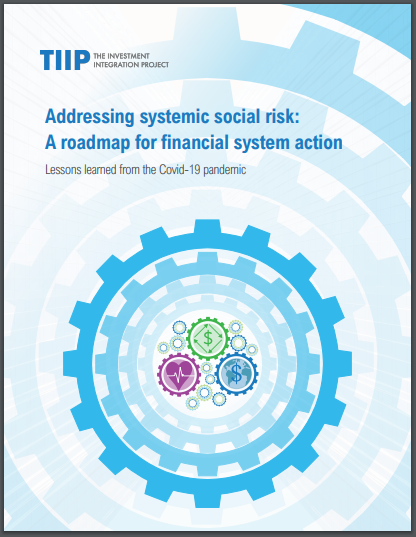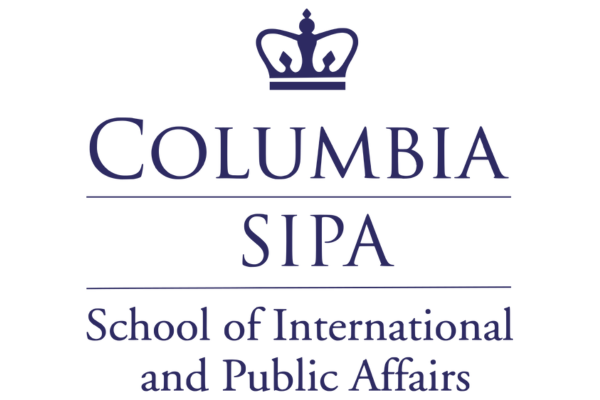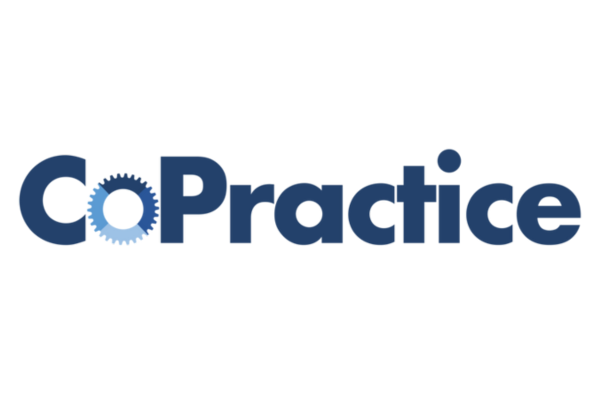New roadmap discusses lessons learned from the Covid-19 pandemic and outlines the way forward for policymakers, regulators, and investors
 New York, NY, December 8, 2020 – Covid-19 has killed more than a million people worldwide, sickened tens of millions more, created extreme volatility in global financial markets, and triggered the most devastating global economic depression in nearly one hundred years. This, despite widespread stay-at-home orders and mandated business closures, and despite governments introducing or announcing fiscal measures totaling $10 trillion (thus far) to support capital markets, businesses, and workers impacted by shutdowns. And healthcare officials and economists warn that the worst might be yet to come.
New York, NY, December 8, 2020 – Covid-19 has killed more than a million people worldwide, sickened tens of millions more, created extreme volatility in global financial markets, and triggered the most devastating global economic depression in nearly one hundred years. This, despite widespread stay-at-home orders and mandated business closures, and despite governments introducing or announcing fiscal measures totaling $10 trillion (thus far) to support capital markets, businesses, and workers impacted by shutdowns. And healthcare officials and economists warn that the worst might be yet to come.
The Covid-19 pandemic is still unfolding, and it could be years before the world knows the full extent of its economic, financial, and social devastation. But one thing is increasingly clear: “getting back to normal” is not an option.
Today, The Investment Integration Project (TIIP) and the Moving the Market (MtM) Initiative—a collaboration between Humanity United, UBS Optimus Foundation, and The Freedom Fund—released their roadmap providing policymakers, regulators, and investors with recommendations for how to make interconnected social and financial systems more resilient to inevitable future social disruptions.
Access the roadmap here and to learn more join the upcoming webinar on January 12th, with Monique Aiken, TIIP’s Managing Director; David Wood, Director, Initiative For Responsible Investment; and others.
“The Covid-19 economic crisis has further highlighted that social considerations are not fully accounted for within capital markets,” said Kilian Moote, Director for Humanity United. “There is an imperative to reexamine the structure of our financial system to better understand what practices contribute to social harm. It is time for big ideas and major structural change focused on building and preserving the long-term health of our systems. This includes confronting long-standing systemic weaknesses and re-thinking pervasive short-term value-extracting behaviors that fail to account for the full spectrum of impact.”
The roadmap, “Addressing systemic social risk: A roadmap for financial system action,” outlines the pre-existing vulnerabilities in interconnected global social and financial systems that allowed the Covid-19 pandemic to wreak havoc on societies and economies worldwide. It then outlines the way forward and provides recommendations for how the financial system can better manage systemic social risk. It emphasizes that:
- Policymakers and regulators should shape a financial system that ensures corporations equally prioritize all stakeholders and enables investors to embrace long-termism and integrate social risk considerations, and that
- Investors should balance short- and long-term considerations, immediate returns and value.
“The global financial system is at a critical inflection point,” said William Burckart, President of TIIP and co-author of the forthcoming book 21st Century Investing: Redirecting Financial Strategies to Drive Systems Change (Berrett-Koehler, 2021). “Policymakers and investors can bury their heads in the sand and ignore how persistent and pervasive systemic social challenges make the financial system weak and vulnerable to social challenges, or they can reject the status quo and proactively confront these challenges head on before tragedy strikes again. This new roadmap shows them how.”
Access the final roadmap report today, and join the webinar on January 12th.
The Moving the Market (MtM) Initiative encourages investors to consider social issues across asset classes and aims to “move the market” by sponsoring projects to support investor demand for sustainable investing and advance approaches to account for social impacts in investment decision-making. It is supported by Humanity United, UBS Optimus Foundation, and The Freedom Fund.
Humanity United. Humanity United is a foundation dedicated to cultivating the conditions for enduring freedom and peace. We support and build efforts to transform the systems that contribute to human exploitation and violent conflict. HU was founded by The Omidyar Group, a diverse collection of independent organizations and initiatives that pursue different ways to improve the lives of people and societies. For more information, visit https://humanityunited.org.
UBS Optimus Foundation. UBS Optimus Foundation connects clients with inspiring entrepreneurs, new technologies and proven models that are making a measurable, long-term difference to the most serious and enduring social and environmental problems. The only client-facing foundation linked to a global wealth manager, UBS Optimus Foundation has a long track record and is recognized globally as a philanthropic thought leader. It takes an evidence-based approach and focuses on programs that have the potential to be transformative, scalable and sustainable. This gives clients the reassurance that they are funding innovative projects that have a stronger chance of achieving systemic change. UBS covers 100% of the Foundation’s costs and also makes matching contributions, ensuring that client donations will go even further. For more information, visit https://www.ubs.com/global/en/ubs-society/philanthropy/optimus-foundation.html.
The Freedom Fund. The Freedom Fund is a leader in the global movement to end modern slavery. We identify and invest in the most effective frontline efforts to eradicate modern slavery in the countries and sectors where it is most prevalent. Partnering with visionary investors, governments, anti-slavery organizations and those at risk of exploitation, we tackle the systems that allow slavery to persist. For more information, visit www.freedomfund.org.
The Investment Integration Project (TIIP). TIIP’s mission is to help investors understand how healthy environmental, social, and financial systems can benefit their portfolios. TIIP provides thought leadership, research, and consulting services that support investors’ pursuit of system-level investing, an advanced sustainable investing approach that focuses on managing systemic risks and investing in solutions to systemic problems. For more information, visit https://tiiproject.com.



